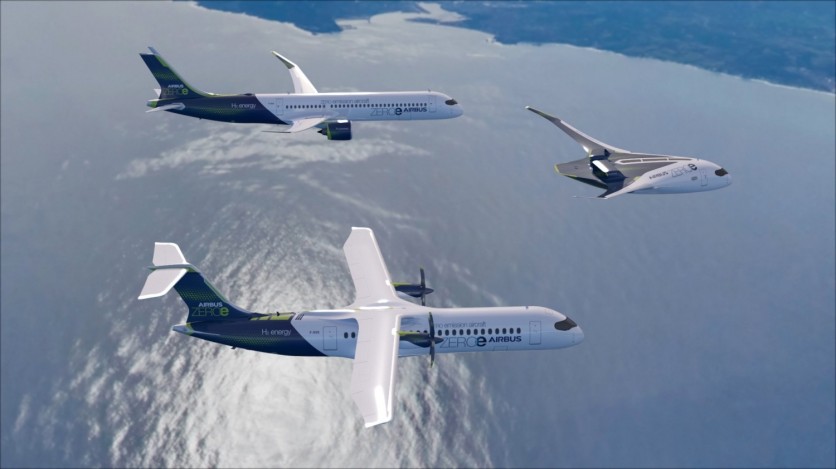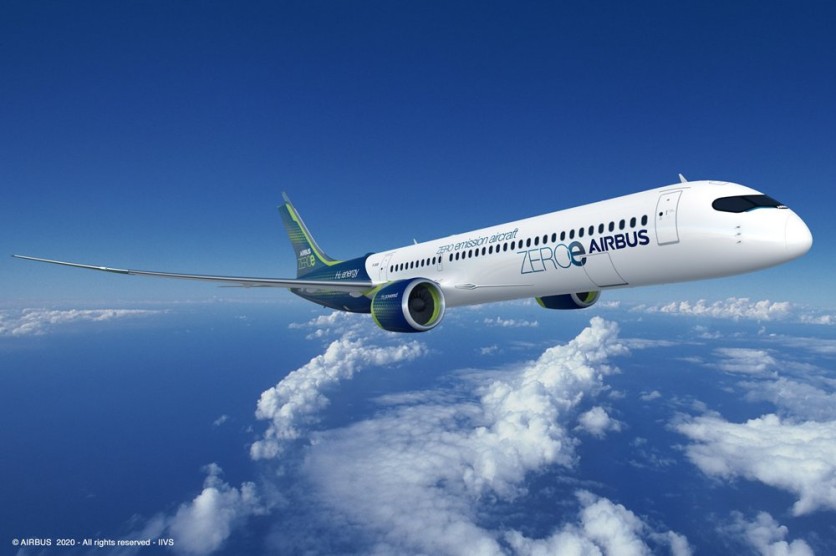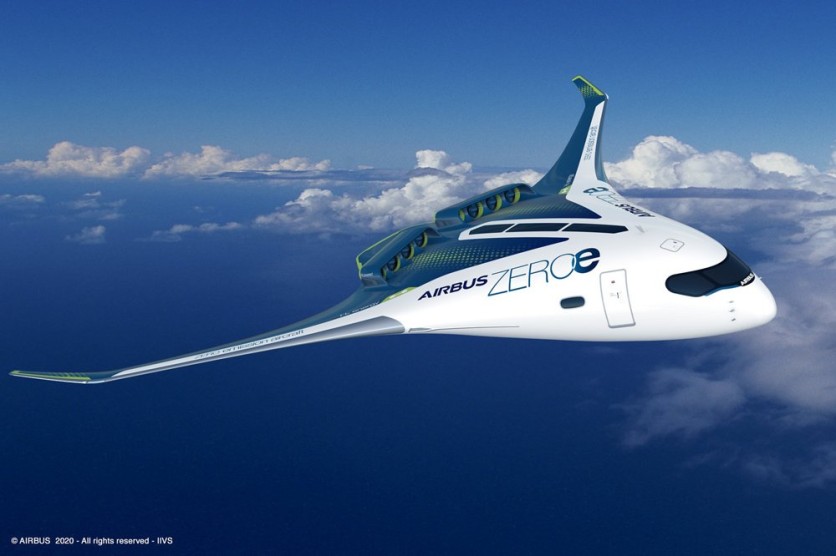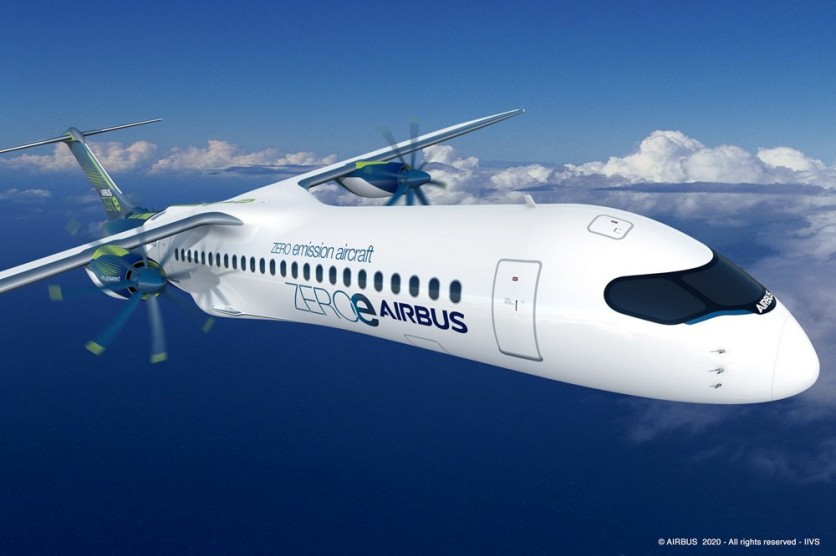Airbus has unveiled three concepts using hydrogen in finding the most efficient way in developing the world's first zero-emission commercial aircraft to fly by 2035.
According to Daily Mail, if plans push through, the European aerospace company could allow holidaymakers and business travellers to fly long distances without producing greenhouse gas emissions responsible for global heating.

Airbus chief executive Guillaume Faury said the announcement marks a historic moment as the company leads the commercial aviation sector in the "most important transition" to ecofriendly commerce.
The three ZEROe designs show different approaches to make technologies and aerodynamics for low-carbon commercial flights, which "offer the world a glimpse" of the company's bold vision of zero-emission flight in the future.
Faury said that the use of hydrogen in synthetic fuels as well as commercial aircraft's primary source of power could "significantly reduce aviation's climate impact."
Plans to enhance existing gas infrastructure to hydrogen-powered ones are triggered by the promise of a low-carbon economy, which also paved way to sustainable way of gas production.
The ZEROe concept designs
Instead of jet fuel, all three concept planes would have modified gas-turbine engines that rely on liquid hydrogen as fuel and create electrical power through hydrogen fuel cells. When burned, hydrogen would only produce water vapor, which makes it a clean fuel alternative not only for airplanes, but also in trucks and trains.
The first Airbus concept could transport 120 to 200 passengers for more than 2,000 nautical miles using a turbofan design with a modified gas-turbine engine that runs on hydrogen stored in tanks behind the plane's rear pressure bulkhead.

Similarly, the company also plans to create a plane with an "exceptionally wide" body that blends into the plane's wings that will provide various options for cabin layout and hydrogen storage. This would have similar number of passengers and can travel the same mileage as the turbofan design.

The third design is for short-haul trips of up to for 1,000 nautical miles and carries up to 100 passengers. It uses a turboprop that would also use a modified gas engine.

The design options would help the aerospace company to develop a more comprehensive plan for "the world's first climate-neutral, zero-emission commercial aircraft" in time for its scheduled launch in 2035. Currently, the company is raising huge investments to make the hydrogen planes a reality.
Airbus chief technology officer Grazia Vittadini said that their "very ambitious" development plan would yield its first results by mid-2021 while they would have the final concept by 2025. Vittadini added that they also consider producing electric aircraft, although it would be on a smaller scale.
Airbus said it aims to create a "highly efficient hybrid-electric propulsion system." However, Faury noted this transition to hydrogen will require decisive action from the entire aviation ecosystem with support from the government and industrial partners. "We can rise up to this challenge to scale up renewable energy and hydrogen for the sustainable future of the aviation industry," he added.
In 2019, Airbus also launched a joint research with EasyJet to consider hybrid and electric aircraft to reduce the impact of aviation on the environment.
Easyjet chief executive Johan Lundgren said they remain "absolutely committed to more sustainable flying" and collaborating on new technologies to drive the industry to a more sustainable, ecofriendly path.
This is owned by Tech Times
Written by CJ Robles




